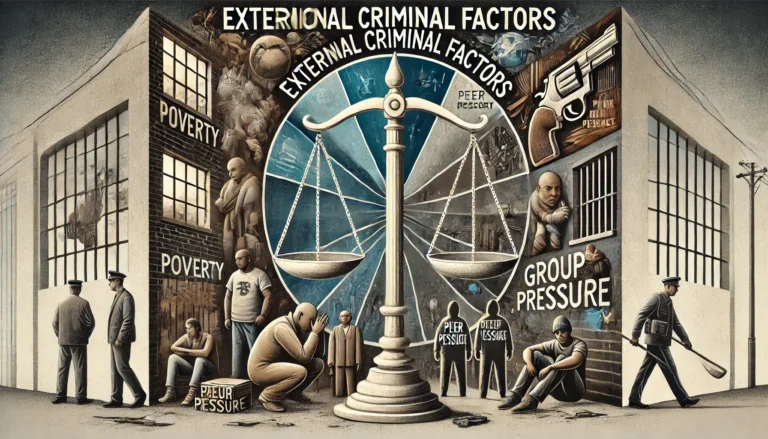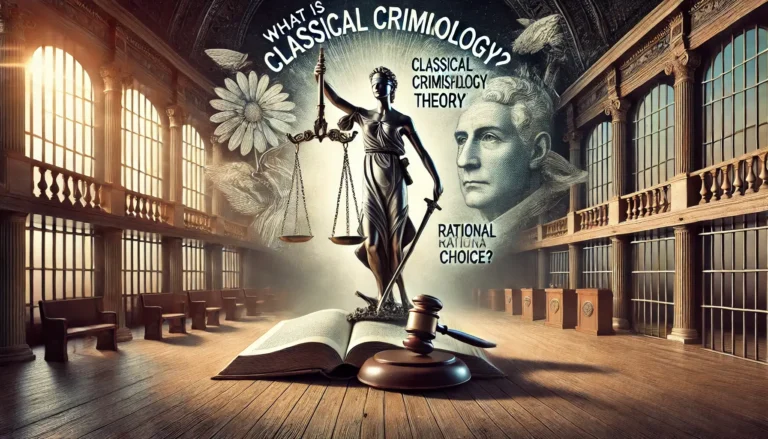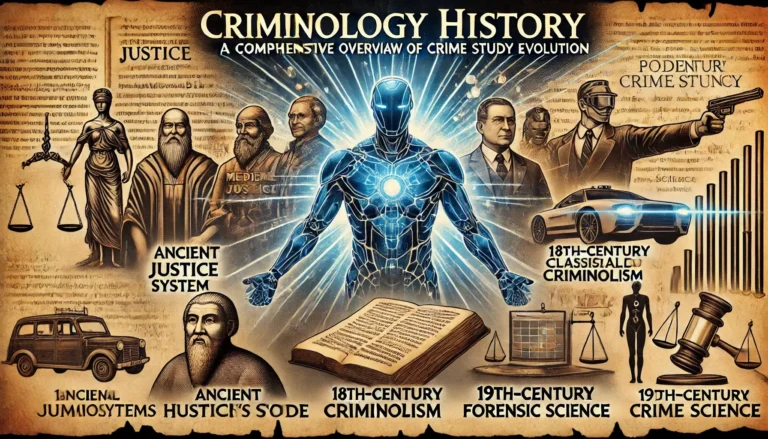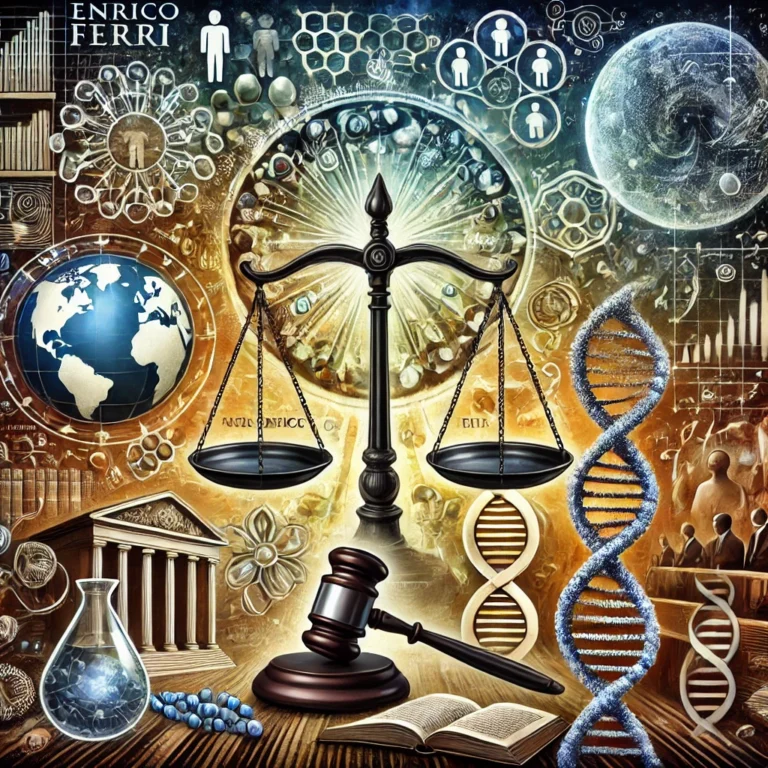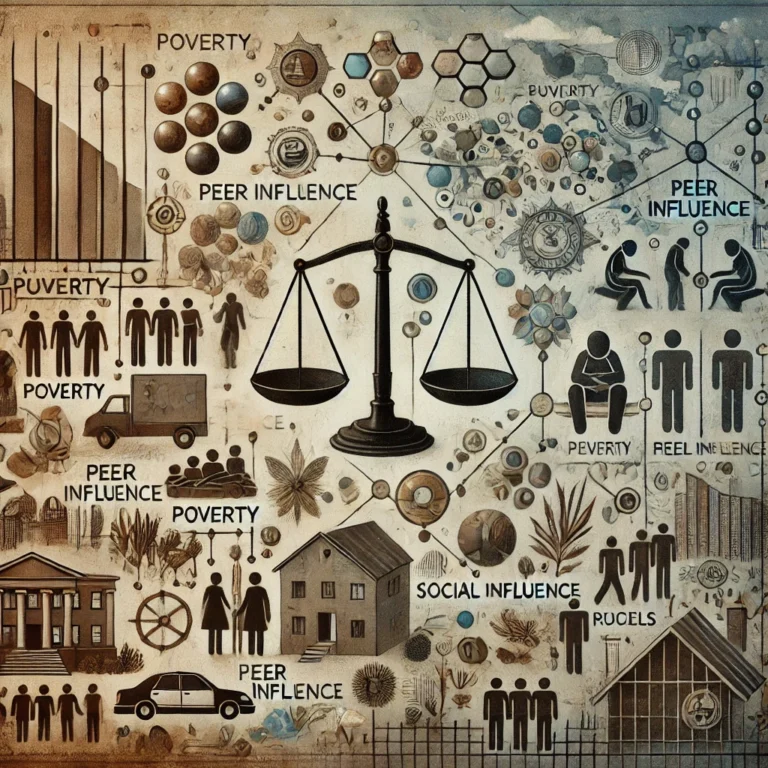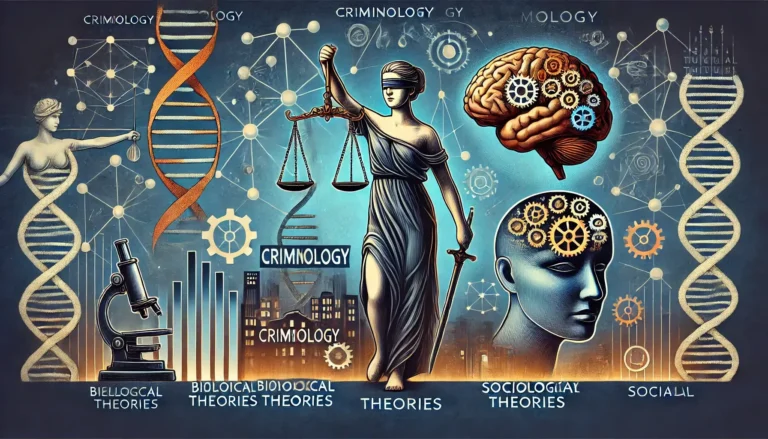Garo Vallo’s Contributions to Criminology
Garo Vallo is a distinguished figure in the field of criminology, whose groundbreaking theories and innovative approaches have left a lasting impact on the study of crime and its underlying causes. As criminology has evolved into a multidisciplinary science, contributions like Vallo’s have enriched its theoretical and practical dimensions. This article delves into Garo Vallo’s major contributions to criminology, exploring his theories, their application, and their influence on modern criminal justice systems.
Early Life and Academic Background
Garo Vallo’s journey into criminology was shaped by a rich academic background in sociology, psychology, and law. His interdisciplinary training allowed him to approach crime from multiple perspectives, emphasizing the social, psychological, and biological factors that contribute to criminal behavior. Early in his career, Vallo sought to bridge the gap between theoretical frameworks and practical applications in crime prevention.
Key Theories and Concepts
1. The Theory of Integrated Criminal Behavior
One of Vallo’s most notable contributions is the Theory of Integrated Criminal Behavior, which synthesizes elements from biological, psychological, and sociological theories. He proposed that criminal behavior results from the interaction of genetic predispositions, environmental influences, and personal choices. By highlighting this interplay, Vallo’s theory challenged the traditional dichotomy of nature versus nurture, suggesting a more nuanced understanding of crime causation.
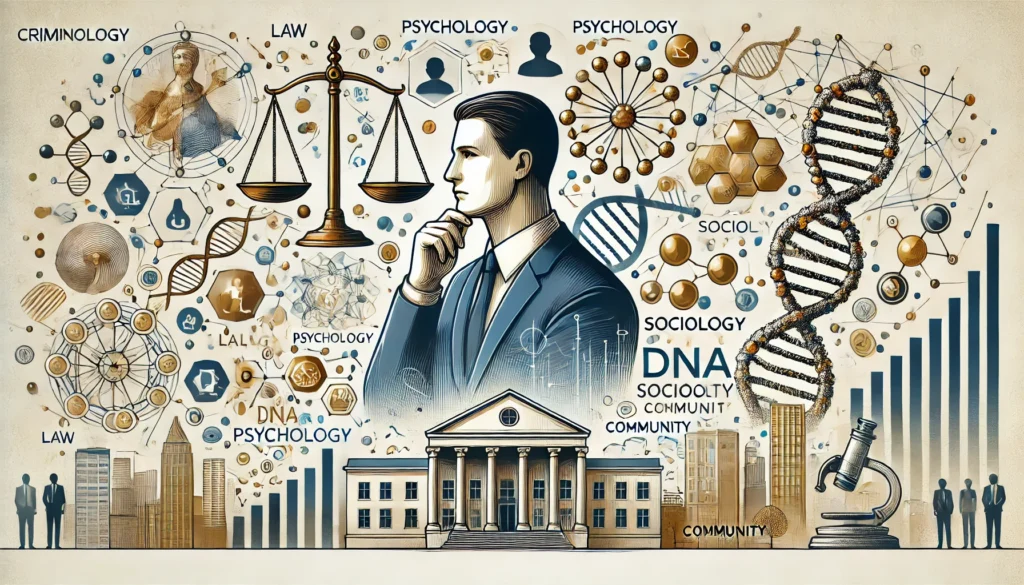
2. The Concept of “Crime Catalysts”
Garo Vallo introduced the concept of “crime catalysts,” which refers to factors that accelerate or trigger criminal behavior in certain individuals. These catalysts can be situational, such as economic hardship, or psychological, such as unresolved trauma. This concept has been instrumental in developing targeted crime prevention strategies, focusing on identifying and mitigating these catalysts before they lead to criminal acts.
3. Community-Centric Crime Prevention
Recognizing the role of community in shaping individual behavior, Vallo advocated for community-centric approaches to crime prevention. He emphasized the importance of fostering strong social bonds, improving education, and creating economic opportunities as measures to reduce crime rates. His ideas laid the groundwork for modern community policing and restorative justice practices.
Practical Applications
1. Policy Development
Vallo’s theories have significantly influenced criminal justice policies worldwide. By emphasizing a holistic approach to crime causation, his work has guided the development of policies that address root causes rather than just symptoms. For instance, his advocacy for early intervention programs has inspired initiatives aimed at supporting at-risk youth.
2. Criminological Research
Garo Vallo’s contributions have also shaped criminological research methodologies. His emphasis on integrating quantitative and qualitative methods has encouraged a more comprehensive exploration of crime and its dynamics. Researchers today continue to build on his work, applying his integrated approach to study contemporary issues such as cybercrime and human trafficking.
3. Educational Impact
As an educator, Vallo’s influence extends to the classroom, where his theories are a cornerstone of criminology curricula. His writings have been translated into multiple languages, making them accessible to students and researchers worldwide. By inspiring a new generation of criminologists, Vallo’s legacy continues to shape the field.
Criticisms and Debates
While Garo Vallo’s contributions are widely celebrated, they have not been without criticism. Some scholars argue that his integrated approach lacks specificity, making it challenging to apply in certain contexts. Others contend that his emphasis on social and psychological factors downplays the structural inequalities that contribute to crime. These debates, however, underscore the complexity of criminology as a discipline and the ongoing relevance of Vallo’s work.
Legacy and Influence
Garo Vallo’s contributions to criminology have had a profound and lasting impact. His interdisciplinary approach has not only enriched theoretical frameworks but also informed practical interventions that address crime’s multifaceted nature. By bridging the gap between theory and practice, Vallo has set a standard for future criminological research and policy-making.
Conclusion
Garo Vallo’s work represents a milestone in the evolution of criminology. His innovative theories and commitment to addressing the root causes of crime have left an indelible mark on the field. As criminology continues to adapt to new challenges, the foundational principles laid out by Vallo will undoubtedly remain a guiding force for researchers, practitioners, and policymakers alike.


